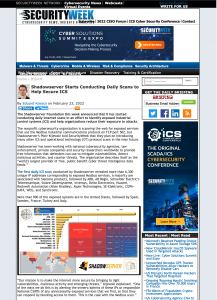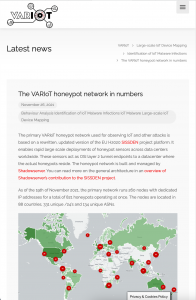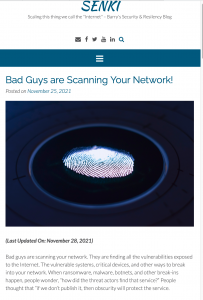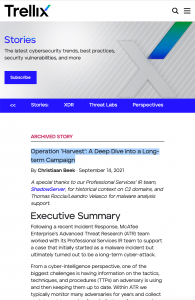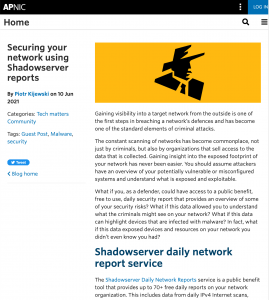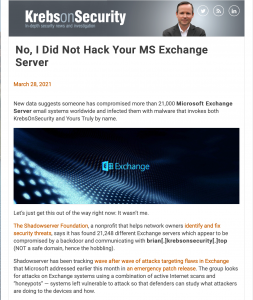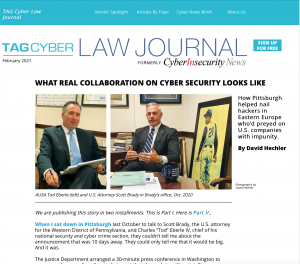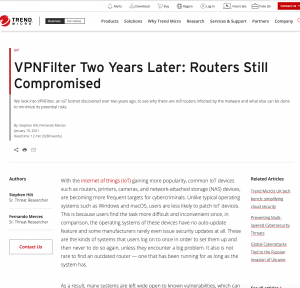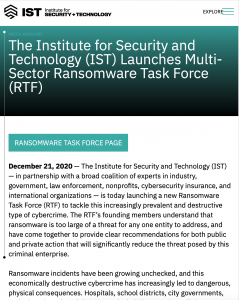Shadowserver Starts Conducting Daily Scans to Help Secure ICS
The Shadowserver Foundation this week announced that it has started conducting daily internet scans in an effort to identify exposed industrial control systems (ICS) and help organizations reduce their exposure to attacks. The nonprofit cybersecurity organization is scanning the web for exposed services that use the Modbus industrial communications protocol on TCP port 502, but Shadowserver’s Piotr Kijewski told SecurityWeek that they plan on introducing many other ICS and operational technology (OT) protocol scans in the near future.The first daily ICS scan conducted by Shadowserver revealed more than 6,300 unique IP addresses corresponding to exposed Modbus services. A majority are associated with Siemens products, followed by ABB, AB Regin, Schneider Electric’s Telemecanique, Solare Datensysteme, Invensys, Delta Electronics, Huawei, Rockwell Automation (Allen Bradley), Alpes Technologies, SE-Elektronic, COPA-DATA, WEG, and Synchronic.


